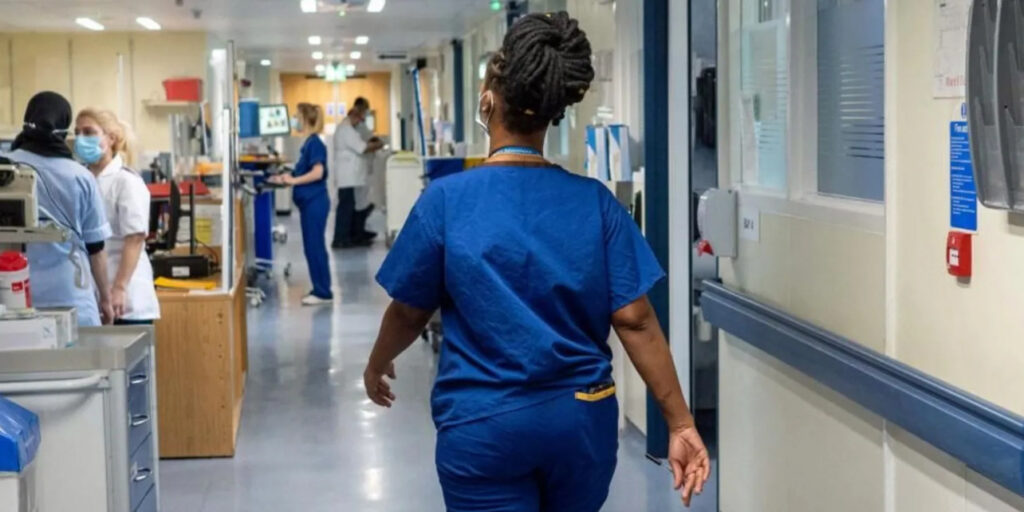The UK government has fulfilled a major election pledge by delivering over two million extra NHS appointments in England within its first year, according to Prime Minister Sir Keir Starmer.
New data reveals that from July to November 2024, the number of elective care appointments increased by nearly 2.2 million compared to the same period in 2023, despite the impact of doctor strikes on NHS services.
Milestone in NHS Recovery Plan
Keir Starmer hailed this achievement as a “shot in the arm” for Labour’s efforts to restore the NHS and cut waiting times. Health Secretary Wes Streeting acknowledged progress but emphasized that “there’s still a hell of a lot more to do.”
The additional appointments were made possible through extended evening and weekend working, as part of the government’s strategy to reduce NHS backlogs.
Election Promise Delivered Ahead of Schedule
Labour’s pledge to provide two million extra NHS procedures, tests, and appointments annually was a central commitment in their manifesto. New figures from NHS England confirm that this target was met seven months early.
From July to November 2024, there were 31.3 million elective care operations, tests, and appointments, up from 29.1 million in the same period in 2023, when junior doctors’ strikes disrupted services.
Waiting Lists Begin to Decline
Wes Streeting stated that the NHS is “on the road to recovery”, with 160,000 fewer patients on waiting lists compared to when Labour took office in July 2024.
Data released last week showed that the NHS waiting list has fallen for the fourth consecutive month, dropping to its lowest level since April 2023.
At the end of December 2024:
• 6.24 million patients were awaiting 7.46 million treatments
• This marked a decline from 6.28 million patients waiting for 7.48 million treatments in November
To accelerate progress, the government has announced an additional £40 million in funding for NHS trusts that make the most significant improvements in cutting waiting lists. This funding will be available for hospitals from next year.
Challenges Remain in NHS Performance
Despite the improvements in elective care, challenges persist in A&E departments.
• In January 2025, only 73% of A&E patients were treated or assessed within four hours, falling short of the 95% target
• The number of long A&E waits increased, with nearly 160,000 patients waiting over four hours for a hospital bed after being admitted
Calls for Further NHS and Social Care Reforms
A report from the King’s Fund think tank has highlighted inefficiencies within the NHS.
• 1 in 5 patients surveyed reported receiving an appointment letter after their scheduled date
• Nearly a quarter of respondents did not know who to contact while waiting for care
Liberal Democrat health spokeswoman Helen Morgan criticized the government’s approach, stating:
“Until the government gets a grip of social care, hospitals will remain overwhelmed, backlogged, and patients will continue to pay the price.”
While Labour has prioritized NHS reform, long-term funding for social care is not expected until 2028.
The government has reaffirmed its commitment to further NHS improvements, promising continued investment and reforms to ensure faster treatment and reduced waiting times across England.


